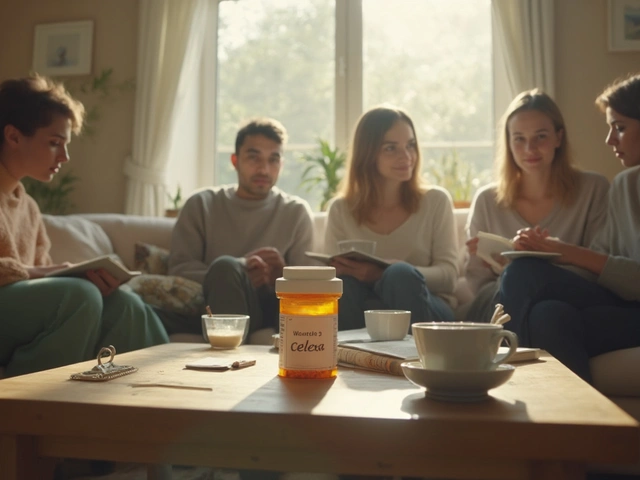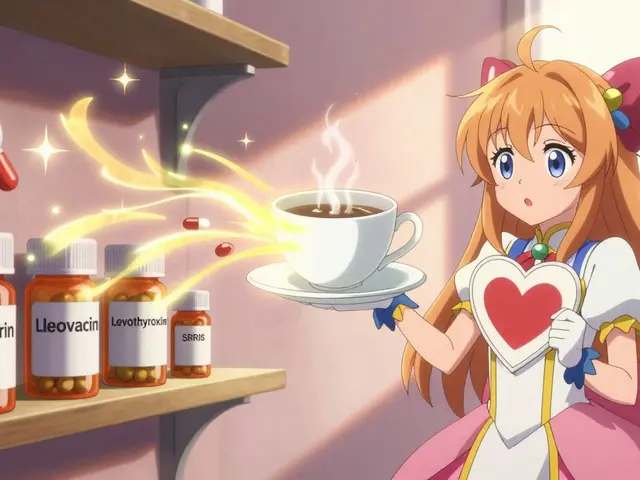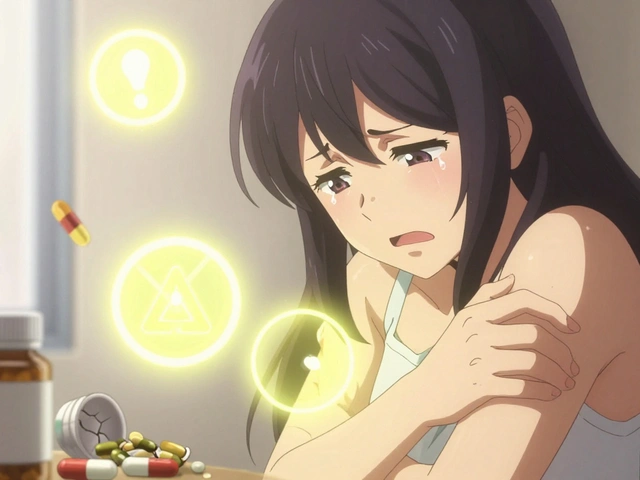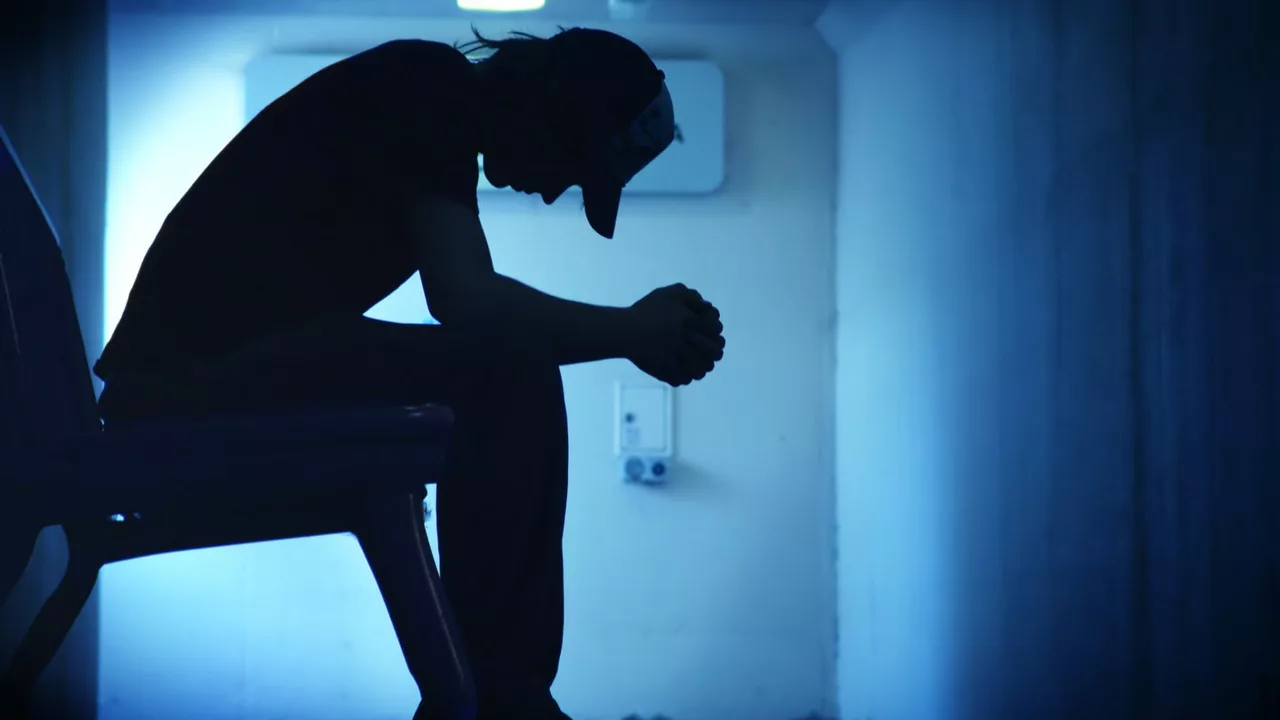Depression: What Works, What to Watch For, and Where to Start
Depression feels different for everyone, and the right treatment rarely arrives by chance. If you're searching for clear, no-nonsense information on meds, side effects, and alternatives, this tag collects the articles that actually help you decide and take action.
Want a straight answer on popular drugs? We have guides that explain Celexa (citalopram) in plain terms—how it works, common side effects, and tips for starting or stopping safely. You’ll also find pieces comparing Wellbutrin (bupropion) and other choices if weight gain, sexual side effects, or energy changes matter to you.
Not happy with one SSRI? Articles here walk through realistic alternatives to Paroxetine and Duloxetine, listing pros and cons you can bring to your prescriber. These posts give concrete trade-offs—what usually helps anxiety, what helps pain, and what may interfere with other meds you take.
How to pick a medication that fits your life
First, match the goal. Is your main issue low mood, anxiety, sleep trouble, chronic pain, or side effects from a current drug? Different meds target different problems. Second, think about side effects you won’t tolerate—weight gain, sexual issues, sedation, or tremor—and cross off drugs that commonly cause those. Third, check interactions: some antidepressants change how other meds work. If you’re on blood thinners, birth control, or migraine drugs, ask a pharmacist or doctor before switching.
Our article list makes these choices simpler. For example, the Celexa guide explains dosing and when to expect improvement. The Wellbutrin alternatives piece compares energizing vs. calming options. The posts on Paroxetine and Duloxetine alternatives explain real-world trade-offs so you can have a focused conversation with your clinician.
Practical steps you can take today
Start by tracking symptoms for two weeks: mood, sleep, appetite, anxiety, and any side effects. Bring that log to your appointment. Ask specific questions like, “Which drug reduces anxiety quickly?” or “Which option is least likely to affect my sex drive?” If you’re switching meds, never stop suddenly—most guides here explain taper plans and what withdrawal looks like.
Combine meds with small actions that help: consistent sleep, short walks, and social check-ins. Therapy matters—many people do best with both medication and counseling. If you ever feel like you might harm yourself, contact emergency services or a crisis line right away.
Explore the linked articles under this tag for step-by-step guides, dosing notes, and real patient tips. Use them to prepare for visits, to compare alternatives, and to make choices that fit your daily life—not just a checklist from a textbook.
The Link Between Depression and Suicide: Warning Signs and Prevention
In my latest post, I explore the profound connection between depression and suicide, highlighting that untreated or severe depression significantly increases the risk for suicidal thoughts and actions. I delve into the warning signs of suicide, such as changes in behavior, feelings of hopelessness, and talk of death or suicide. I also discuss the importance of prevention strategies, such as seeking mental health support, creating a safe environment, and encouraging open communication about feelings. It's a heavy topic, but one that we must address to help save lives. Remember, it's absolutely okay to reach out if you or someone you know is struggling.
About
Mental Health
Latest Posts


Caffeine and Medication Safety: What You Need to Know About Dangerous Interactions
By Marcel Kornblum Jan 10, 2026

Buy Generic Atenolol Online (Australia): Cheap Prices, PBS, Safe Pharmacies 2025
By Marcel Kornblum Aug 24, 2025

Parsnip Supplement Benefits in 2025: Gut Health, Blood Pressure, and Energy Explained
By Marcel Kornblum Aug 27, 2025

